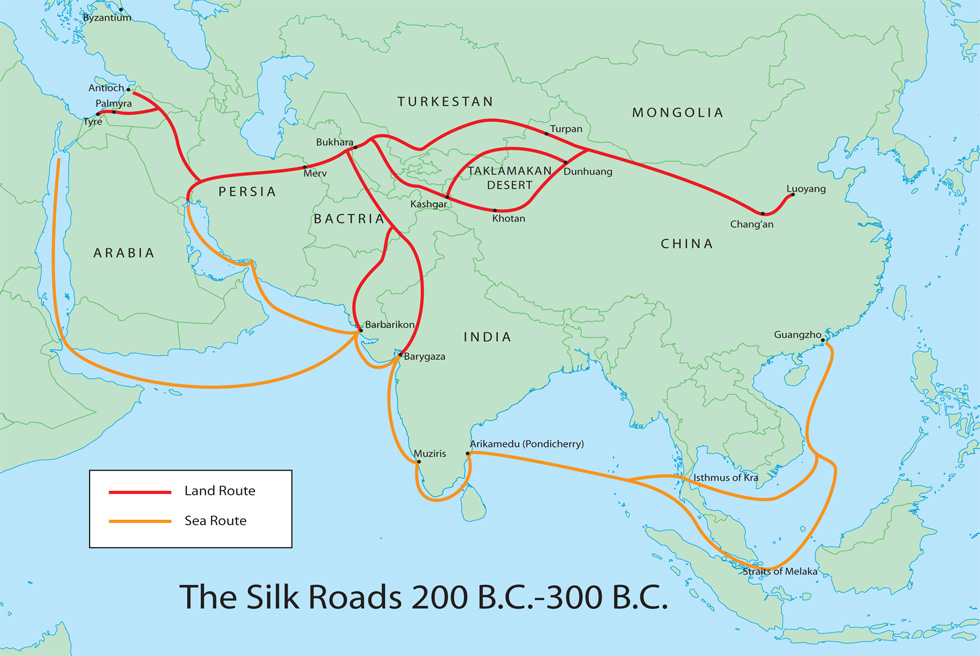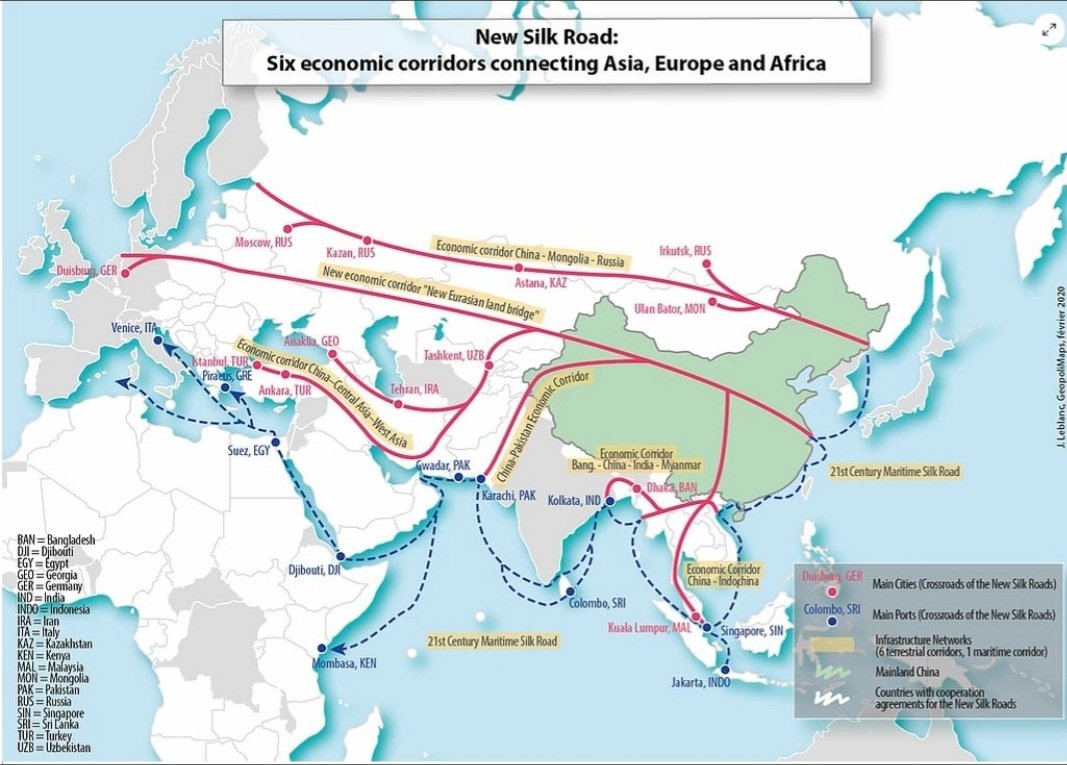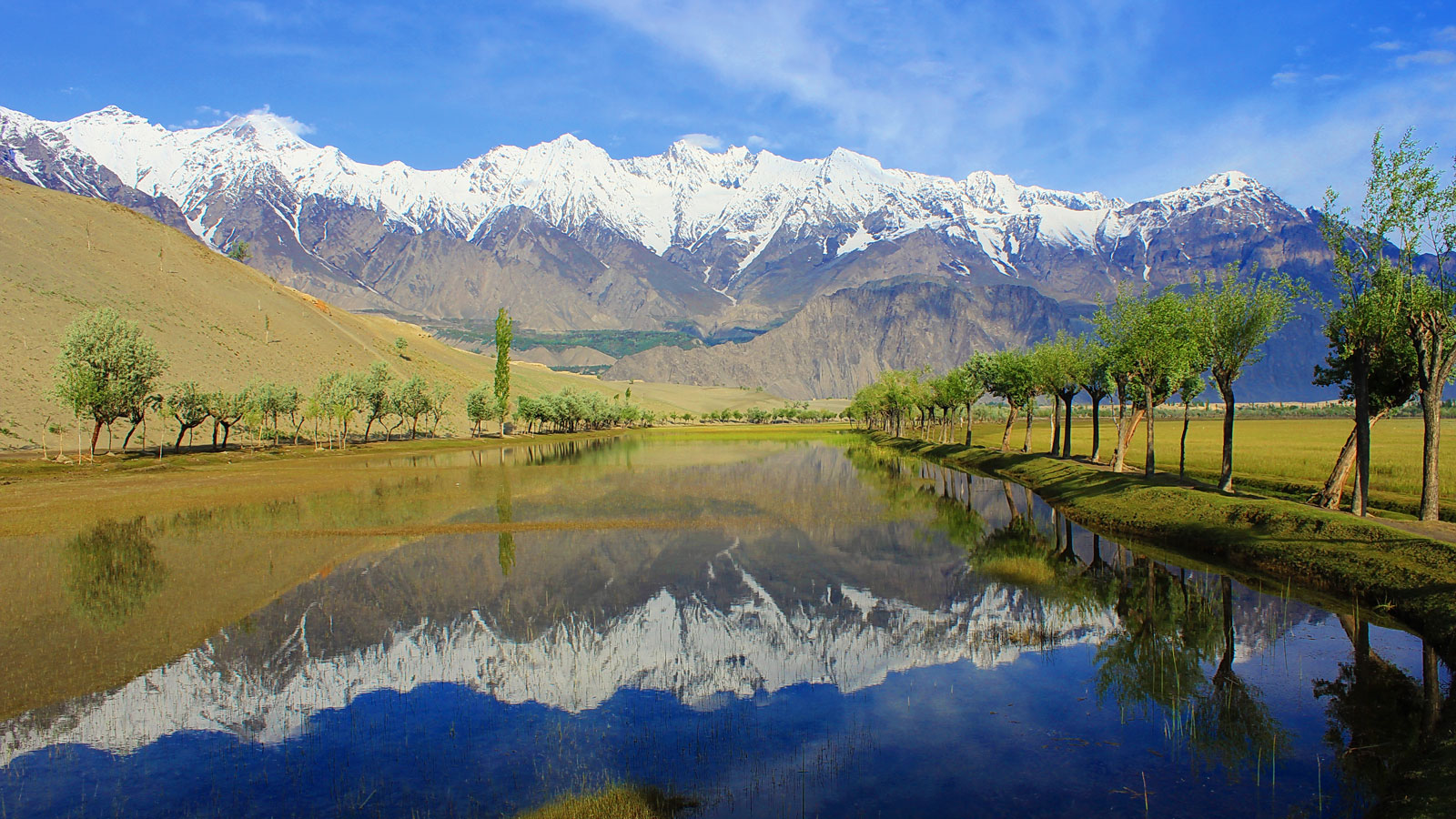The Silk Road, an ancient network of trade routes that spanned across Asia, holds a unique place in history, connecting distant civilizations and fostering cultural exchange. Among its most intriguing segments is the Silk Road connection between China and Pakistan, a passage that not only facilitated the exchange of goods but also became a conduit for the flow of ideas, art, and religion. In this blog post, we delve into the fascinating details of this historic connection, exploring its significance, impact, and the enduring legacy it has left behind.
The Birth of the Silk Road
The Silk Road, initially established during China's Han Dynasty (206 BCE – 220 CE), originated from the need for trade and diplomatic relations with the West. Chinese silk, highly prized for its quality and rarity, was a significant commodity driving this early trade.

The Pakistani Stretch
The Silk Road traversed through the territory of modern-day Pakistan, serving as a crucial link between China and the Middle East. Key cities like Taxila, Harappa, and Mohenjo-Daro became vital trading hubs, fostering the exchange of silk, spices, precious stones, and cultural ideas.
Buddhism's Influence
One of the most profound impacts of the Silk Road connection was the transmission of Buddhism from India to China. Buddhist monks and scholars traveled along these routes, carrying scriptures and teachings that would profoundly shape Chinese spirituality and culture.
Architectural Marvels
The Silk Road connection left a remarkable architectural legacy in Pakistan. Monasteries, stupas, and ancient cities like Taxila bear witness to the artistic and cultural exchange that took place along these routes.
The Decline and Revival
Over time, the Silk Road's significance waned due to changing trade routes and political shifts. However, recent initiatives, such as China's Belt and Road Initiative (BRI), are revitalizing these ancient routes, fostering economic and cultural ties between China and Pakistan.
Cultural Exchange Today
Today, the Silk Road connection between China and Pakistan is not merely a historical relic but a thriving cultural exchange. Pakistani-Chinese collaborations in art, cuisine, and technology highlight the enduring impact of this ancient trade route.
For more news updates, visit urdumedia
In conclusion, the Silk Road connection between China and Pakistan represents an extraordinary chapter in human history. It bridged two distant regions, enabling the exchange of not just goods but also ideas and culture. As we celebrate this historic connection, we must also recognize its enduring legacy in the modern era, where it continues to shape the relationship between these two nations, fostering cooperation and understanding.



